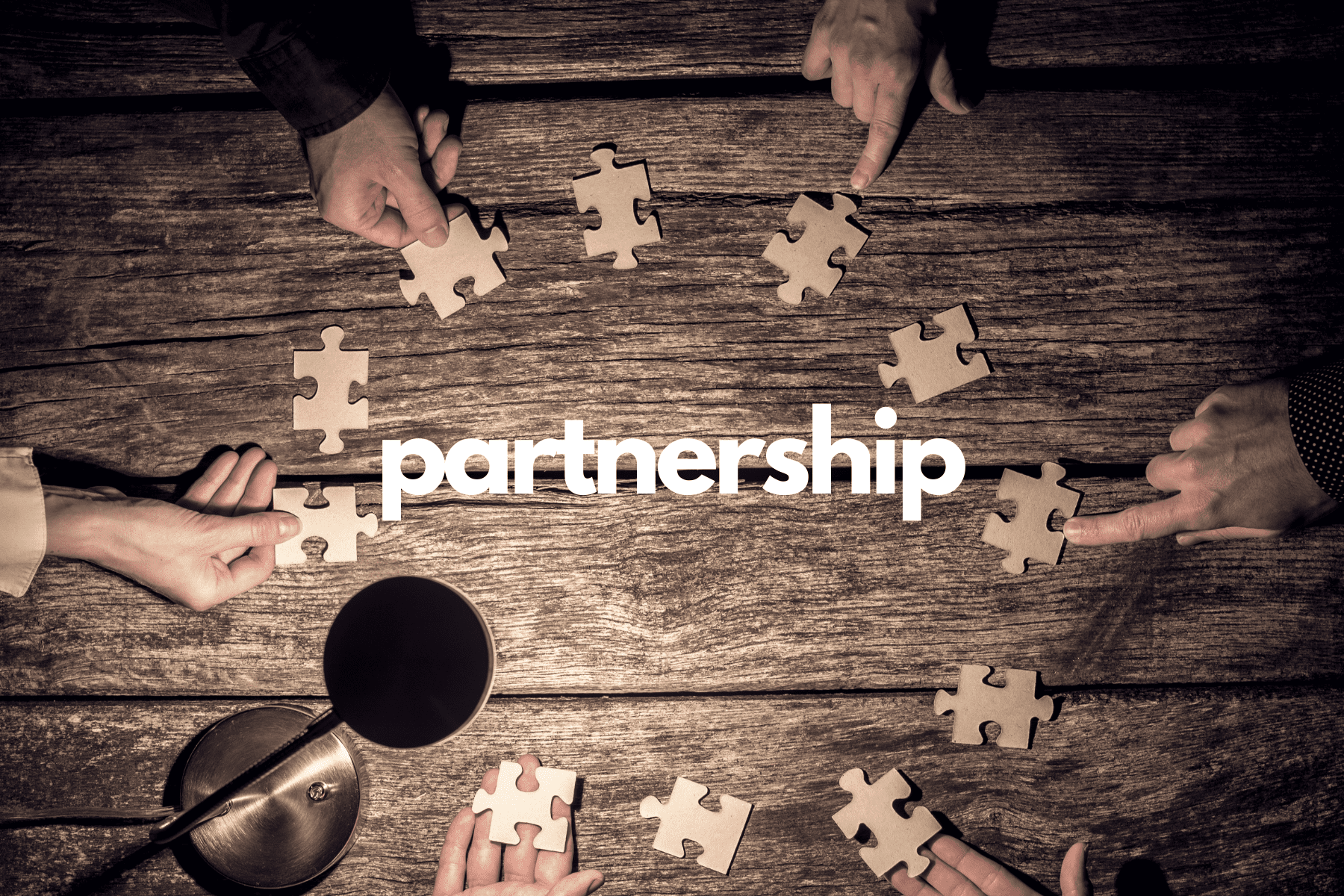Leading Nonprofit Firm: Helping Charities and Organizations Achieve Their Goals
Leading Nonprofit Firm: Helping Charities and Organizations Achieve Their Goals
Blog Article
Checking Out the Diverse Features and Duties of a Nonprofit Company in Dealing With Social Issues and Encouraging Adjustment
Not-for-profit agencies work as crucial agents of adjustment within society, taking on a myriad of social issues via multifaceted strategies. Their obligations extend past mere service provision; they take part in advocacy, source mobilization, and community outreach, typically acting as a bridge between essential solutions and marginalized populations. By fostering collaborations and utilizing culturally appropriate approaches, these organizations attend to the source of social obstacles. Yet, the complexities of their duties elevate crucial inquiries concerning efficiency and sustainability. What are the implications of these diverse functions on long-term neighborhood effect?
Understanding Nonprofit Firm Duties
The performance of not-for-profit firms depends upon a clear understanding of their varied functions within culture. These organizations function as important middlemans in between the general public, private, and governmental industries, resolving numerous social problems and supporting for adjustment. Not-for-profit companies typically function as service companies, providing vital programs and resources to underserved populations. This duty is crucial in filling up voids that might exist in public solutions, ensuring that vulnerable teams have access to essential support.
Additionally, nonprofits play a crucial duty in campaigning for, elevating understanding and influencing policy choices that affect their neighborhoods. By taking part in research study and public education, these organizations assist shape public discourse and promote informed decision-making - nonprofit agency. They likewise act as systems for volunteerism, setting in motion community participants to add their time and skills toward collective objectives
Moreover, nonprofit agencies frequently serve as conveners, combining varied stakeholders to foster cooperation and cumulative impact. This joint method boosts their capacity to attend to complex social problems effectively. Recognizing these multifaceted duties is vital for optimizing the potential of not-for-profit companies in developing sustainable social modification and boosting total community health.
Neighborhood Involvement and Outreach
Effective area engagement and outreach are essential parts of not-for-profit companies' techniques to develop and foster connections depend on within the areas they serve. These efforts concentrate on understanding community requirements, advertising recognition of offered resources, and encouraging involvement in programs created to address social problems. Not-for-profit companies utilize a variety of techniques to engage with neighborhood members, such as workshops, informational sessions, and collaborative events.
Outreach efforts serve to strengthen partnerships with varied populaces, specifically marginalized teams that might face barriers to accessibility. By making use of culturally pertinent interaction strategies and leveraging local collaborations, nonprofits can boost their presence and demonstrate their dedication to area empowerment. This approach not just grows a feeling of belonging however likewise enhances the likelihood of sustained engagement.
Furthermore, effective area interaction goes past simple involvement; it involves proactively paying attention to area members' feedback and including their understandings right into program advancement. This collaborative procedure makes sure that the services provided are receptive, pertinent, and tailored to the distinct challenges encountered by the community. Inevitably, promoting solid connections via interaction and outreach can lead to even more impactful interventions and a better cumulative initiative toward advertising favorable social change.
Advocacy and Policy Influence
Campaigning for acts as a crucial system for nonprofit agencies to affect public policy and drive systemic change. By leveraging their proficiency and community understandings, these companies can effectively represent marginalized populations and address pushing social concerns. Nonprofits take part in campaigning for via various approaches, consisting of public recognition projects, grassroots mobilization, union structure, and straight lobbying of policymakers.
With these initiatives, not-for-profit firms intend to shape regulations and plan structures that straighten with their objective and the needs of the communities they serve. They perform research study, collect data, and share compelling narratives to highlight the seriousness of certain problems, making sure that decision-makers are informed and motivated to act. This procedure not just intensifies the voices of those affected by social injustices yet additionally promotes an extra fair and comprehensive policymaking environment.
Furthermore, campaigning for initiatives typically seek to produce long-lasting architectural adjustments, resolving origin instead of simply relieving symptoms. By prioritizing plan influence, nonprofit firms add to a broader understanding of social challenges and advertise remedies that can cause sustainable improvements in social wellness. Inevitably, campaigning for is essential to the transformative role nonprofits play in producing a simply and equitable culture.
Fundraising and Resource Management
Nonprofit agencies depend on durable fundraising and resource administration strategies to support their advocacy initiatives and maintain their missions. By using a multi-faceted method, nonprofits can mitigate the dangers linked with reliance on a single funding source.
Source monitoring is just as critical, as it involves the strategic allocation resource of both financial and human resources to make best use of impact. Nonprofits have to establish budgets that line up with their objectives while ensuring openness and liability to stakeholders. This involves routine tracking of expenditures and changing approaches as needed to enhance resource usage.

Collaboration and Partnerships
While several companies seek their objectives independently, collaboration and partnerships can dramatically boost the effectiveness of nonprofit agencies. By working with each other with other nonprofits, federal government entities, and private field organizations, nonprofits can merge sources, share knowledge, and intensify their effect on social issues. Joint initiatives often cause cutting-edge services that may not be possible separately, leveraging the toughness of each companion to attend to complicated difficulties.

Eventually, reliable collaboration calls for clear interaction, shared objectives, and mutual regard amongst companions. By accepting a participating strategy, not-for-profit companies can produce sustainable networks that not only address instant social concerns however also contribute to long-term systemic change, fostering a much more equitable society. Through cooperation, nonprofits can grow and optimize their possibility for purposeful effect.
Verdict
Not-for-profit firms offer as crucial entities in fostering and dealing with social problems change within areas. Inevitably, the complex roles of not-for-profit firms significantly add to the quest of social justice and the this page enhancement of area health.
Understanding these complex functions is vital for maximizing the possibility of nonprofit agencies in developing lasting social modification and boosting overall community well-being.
Efficient area interaction and outreach are basic parts of not-for-profit agencies' techniques to have a peek here develop and promote links trust fund within the communities they offer. By working with each other with various other nonprofits, federal government entities, and private sector organizations, nonprofits can pool sources, share experience, and intensify their effect on social concerns.Not-for-profit agencies offer as vital entities in fostering and addressing social concerns change within communities - nonprofit agency. Inevitably, the multifaceted roles of nonprofit agencies substantially contribute to the pursuit of social justice and the renovation of community wellness
Report this page